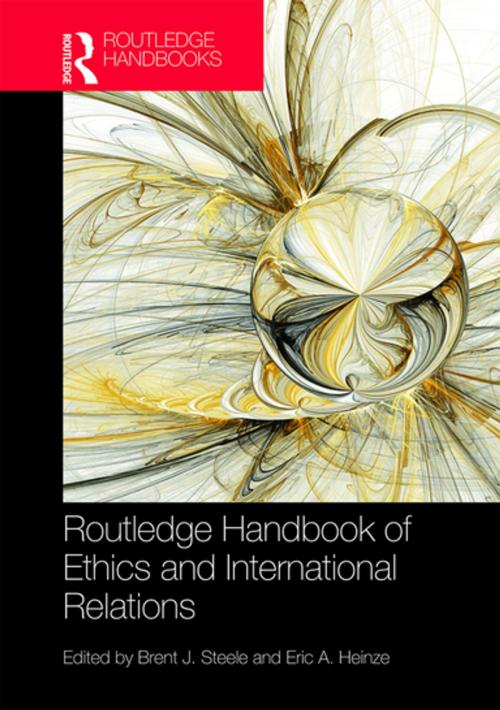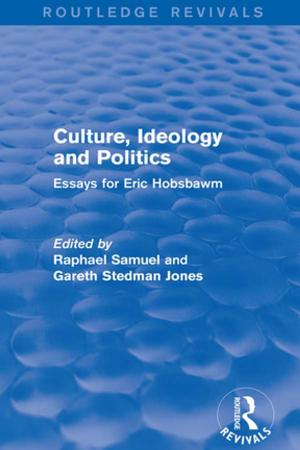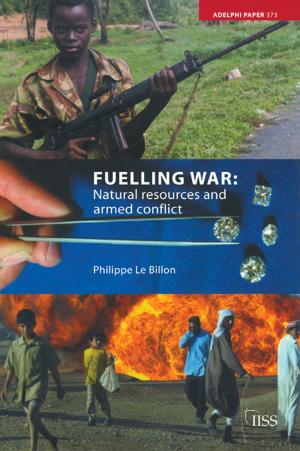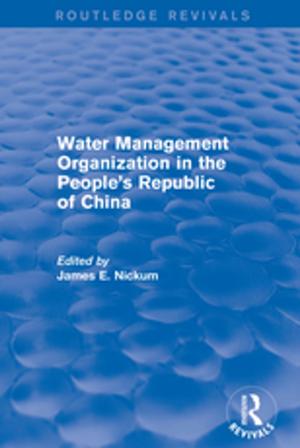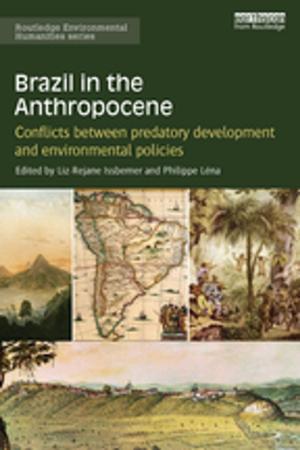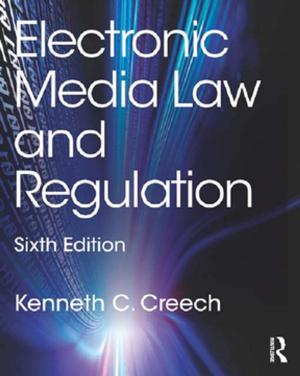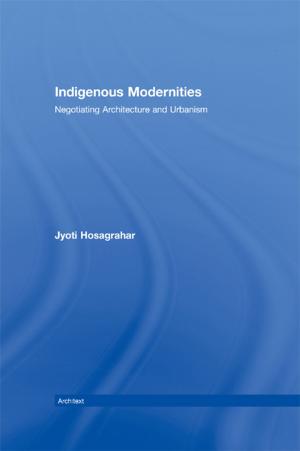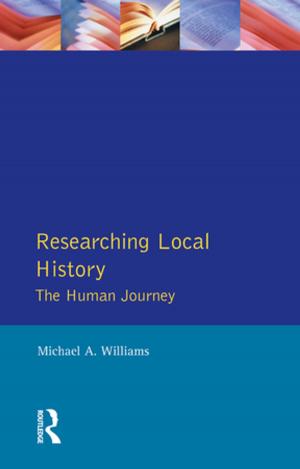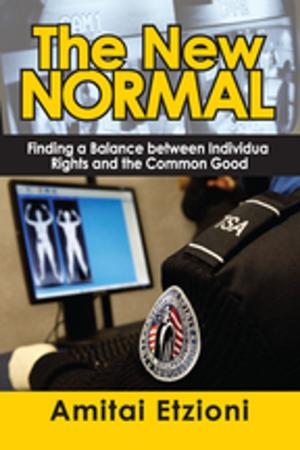Routledge Handbook of Ethics and International Relations
Nonfiction, Social & Cultural Studies, Political Science| Author: | ISBN: | 9780429761874 | |
| Publisher: | Taylor and Francis | Publication: | June 14, 2018 |
| Imprint: | Routledge | Language: | English |
| Author: | |
| ISBN: | 9780429761874 |
| Publisher: | Taylor and Francis |
| Publication: | June 14, 2018 |
| Imprint: | Routledge |
| Language: | English |
Ethics and International Relations (IR), once considered along the margins of the IR field, has emerged as one of the most eclectic and interdisciplinary research areas today. Yet the same diversity that enriches this field also makes it a difficult one to characterize. Is it, or should it only be, the social-scientific pursuit of explaining and understanding how ethics influences the behaviours of actors in international relations? Or, should it be a field characterized by what the world should be like, based on philosophical, normative and policy-based arguments? This Handbook suggests that it can actually be both, as the contributions contained therein demonstrate how those two conceptions of Ethics and International Relations are inherently linked.
Seeking to both provide an overview of the field and to drive debates forward, this Handbook is framed by an opening chapter providing a concise and accessible overview of the complex history of the field of Ethics and IR, and a conclusion that discusses how the field may progress in the future and what subjects are likely to rise to prominence. Within are 44 distinct and original contributions from scholars teaching and researching in the field, which are structured around 8 key thematic sections:
- Philosophical Resources
- International Relations Theory
- Religious Traditions
- International Security and Just War
- Justice, Rights and Global Governance
- International Intervention
- Global Economics
- Environment, Health and Migration
Drawing together a diverse range of scholars, the Routledge Handbook of Ethics and International Relations provides a cutting-edge overview of the field by bringing together these eclectic, albeit dynamic, themes and topics. It will be an essential resource for students and scholars alike.
Ethics and International Relations (IR), once considered along the margins of the IR field, has emerged as one of the most eclectic and interdisciplinary research areas today. Yet the same diversity that enriches this field also makes it a difficult one to characterize. Is it, or should it only be, the social-scientific pursuit of explaining and understanding how ethics influences the behaviours of actors in international relations? Or, should it be a field characterized by what the world should be like, based on philosophical, normative and policy-based arguments? This Handbook suggests that it can actually be both, as the contributions contained therein demonstrate how those two conceptions of Ethics and International Relations are inherently linked.
Seeking to both provide an overview of the field and to drive debates forward, this Handbook is framed by an opening chapter providing a concise and accessible overview of the complex history of the field of Ethics and IR, and a conclusion that discusses how the field may progress in the future and what subjects are likely to rise to prominence. Within are 44 distinct and original contributions from scholars teaching and researching in the field, which are structured around 8 key thematic sections:
- Philosophical Resources
- International Relations Theory
- Religious Traditions
- International Security and Just War
- Justice, Rights and Global Governance
- International Intervention
- Global Economics
- Environment, Health and Migration
Drawing together a diverse range of scholars, the Routledge Handbook of Ethics and International Relations provides a cutting-edge overview of the field by bringing together these eclectic, albeit dynamic, themes and topics. It will be an essential resource for students and scholars alike.
